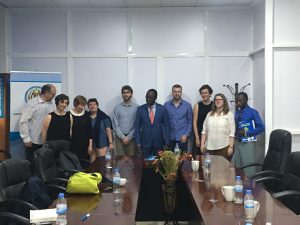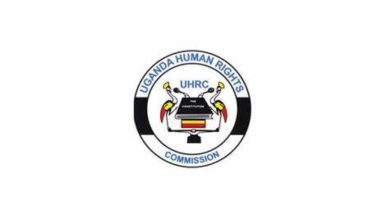‘Ndi umunyarwanda’ introduced as a tool to unity and reconciliation
Rwanda was driven to scandal of genocide against Tutsis of 1994 by the fault of colonizers which divided the Rwandan society in what they called ethnic groups. After genocide, Rwandan had to find solutions to how the divided society should come back to be one Rwandan society as it used to be before colonization by Belgium. The program ‘Ndi umunyarwanda’ was then created as a tool to unity and reconciliation.

“After genocide and Gacaca courts, genocide survivors found themselves in the same villages as those who massacred their families, who had just finished their punishments; we ran the risk of revenge and the worries of cohabitation.” Said Jean Baptiste Bizimana, the Coordinator of AMI (Association Modeste et Innocent)
According to Mr. Bizimana, the challenge was to bring people on the community level to live together not by resignation but by conviction that it’s the right thing. The ‘ndi umunyarwanda’ means that Rwandans are one people, with one nation, one culture and one language; it’s the unity and the identity of Rwandans.
‘Ndi umunyarwanda’ secured the future of Rwanda
Many Rwandans prefer to be called Rwandans than any other ethnic related names, especially youth. Floribert Rugambage is a S4 student at (GSOB) ‘Groupe scolaire official de Butare’; he said “I no longer see my colleagues as Hutus or Tutsis, I see them as Rwandans; that way, we can work together to build our country to a prosperous one.”
A S6 Rhona Nantaba Mukasa at GSOB said “Rwandan is my identity, whoever has the same identity as mine are brothers and sisters to me, our vision must be the same and the development of our Rwanda is a priority.”
‘Ndi umunyarwanda’ one of surprise to Belgians
“The most impressive about Rwandan genocide is the concept of reconciliation” said Philippe Renette, a professor among the Belgian delegation. “We have talked with students and teachers; we see that for them to be united, to have the same goal, the same vision of the future is something more important. It is not very easy to understand how one can forgive and move forward so quickly, that’s why it was important for us to be here, to meet students and teachers, to see how their commitment is really total, and so the insurance of the future is really total too.” Added Mr. Renette
Jean Damascene Nyirinkwaya, who teaches history and citizenship at GSOB, wishes for the Belgian teachers to insist on the fact that they didn’t find neither ethnics nor races in Rwanda, while they teach their teens students about genocide against Tutsis.
According to Yann Lelangue, the instructor of RCN Justice et Démocratie Belgium and head of delegation, ‘Ndi umunyarwanda’ must serve of lesson to Belgium, the former Rwandan colonizer, because as a country Belgium didn’t learn from Rwandan genocide against Tutsis of 1994, and still have a divided society.




